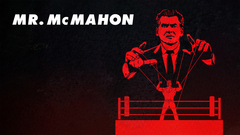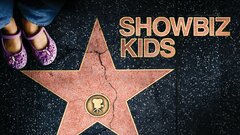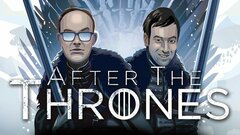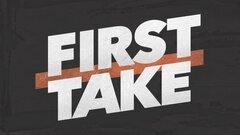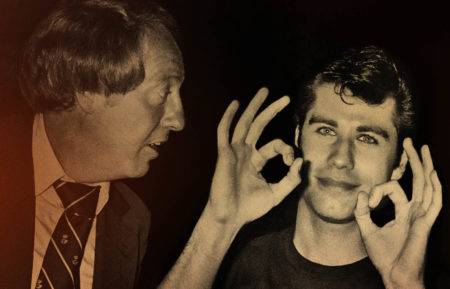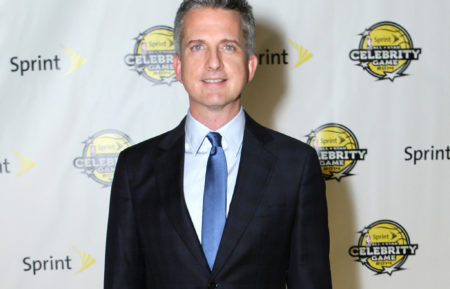Bill Simmons emerged as one of the first sportswriters to turn online articles into major national readership. He pioneered a fan-sided tone of sports writing that nevertheless remained highly analytical, while always sprinkling his words with humor. To some degree, his rapid rise dovetailed fortuitously with the proliferation of online publishing outlets and the increasing turn of sports fans to the Internet for analysis and commentary.
Born William J. Simmons III on September 25, 1969, he grew up in Brookline, Massachusetts as an only child. Simmons' father, William Sr., worked as a local school administrator. His parents divorced when he was 13 and he moved to Stamford, Connecticut to live with his mother Jan Corbo. For secondary school, Simmons attended the prestigious Greenwich Country Day School, alma mater of President George H. W. Bush, followed by Brunswick School, also in Greenwich, Connecticut. Simmons went to the College of the Holy Cross, where he served as the sports editor for the school newspaper and also revived the college's parody paper. He graduated with a degree in political science in 1992, and earned a master's in print journalism from Boston University two years later.
Simmons then got a job at the Boston Herald, which he described as mainly answering phones, organizing food runs and writing about obscure college teams. After several years, he realized such an environment was not for him. For a time, Simmons worked freelance writing jobs and moonlighted as a bartender. His first big opportunity came when he landed a writing gig with a Beantown-focused website on the America Online network. Simmons created BostonSportsGuy.com for AOL while continuing to work nights in the service industry for extra money.
Years later, Simmons became widely known as "The Sports Guy," but he only chose the title because AOL already had a "Movie Guy." Initially, the column was only available to subscribers, so Simmons would email it to dozens of friends who did not use AOL. The Boston Sports Guy website garnered so many visitors, it became his springboard to a part-time job offer from ESPN in 2001. The contract was initially for just a few articles, but Simmons took the opportunity and ran with it. Eschewing journalistic impartiality, Simmons penned a polarizing column asking this question: "Is Roger Clemens the Antichrist?" It became one of the most read and shared stories on ESPN.com that year. That lengthy column signaled a sea change in sports writing, with online articles growing increasingly polemic to direct more traffic to the site.
This online tone was less authorial and imbued with more opinion, analytic conviction and irreverence than typical journalism. Simmons became a regular contributor to the Page 2 section of ESPN.com, quickly establishing his unique voice and a dedicated readership. In 2002, Simmons began writing a regular column for ESPN The Magazine, which he maintained until 2009. Simmons was known for making unusual arguments in his articles, but he always backed these up with enough evidence to make the reader ponder the topic deeply. In one of his earliest articles on ESPN, Simmons developed and popularized the "Ewing Theory," which he invented with a friend and named after New York Knicks Hall of Fame center Patrick Ewing.
The paradoxical theory holds that sometimes a team actually gets better when it loses its best player, as with the 1998-99 Knicks. The much-debated postulate became a familiar bone of contention among basketball fans and analysts alike. In 2003, Simmons agreed to move to Los Angeles and write for a new late-night talk show called "Jimmy Kimmel Live!" (ABC, 2003- ). Somewhat surprisingly, the show rapidly gained viewers and fans for its down-to-earth character and wide-ranging considerations, which were always sodden with humor. Simmons moved on to other projects just a year later but described it as one of his greatest experiences.
Simmons published his first book in 2005, Now I Can Die in Peace, which included some republished articles plus new content ruminating on the 2004 Boston Red Sox winning the franchise's first World Series since 1918. In 2007, he contended with Red Sox announcer and former player Jerry Remy for symbolic presidency of the so-called "Red Sox Nation," though Simmons eventually conceded. Also in 2007, Simmons began doing a popular podcast titled "The B.S. Report." That year, he also began contributing to the news magazine show "E:60" (ESPN, 2007- ).
He grappled with ESPN over some censorship issues relating to his podcast in 2008, and subsequently had his Twitter account suspended multiple times by the network because of tweets criticizing ESPN programming. Simmons published his second book, The Book of Basketball: The NBA According to the Sports Guy, in 2009. That year saw him expand his talents even further, as he co-created and served as executive producer of "30 for 30" (ESPN, 2009- ), a series of documentaries made by notable filmmakers on overlooked topics in sports.
The unique angle taken by the series and its compelling storytelling earned it a Peabody Award. In 2011, Simmons launched Grantland.com, named for legendary sportswriter Grantland Rice, and served as editor-in-chief. Simmons stocked the site with talented writers who considered a range of topics focusing on sports, adding liberal helpings of pop culture analysis as well, one of Simmons' hallmarks. He became an in-studio analyst on "NBA Countdown" (ABC/ESPN, 2003- ) in 2012.

